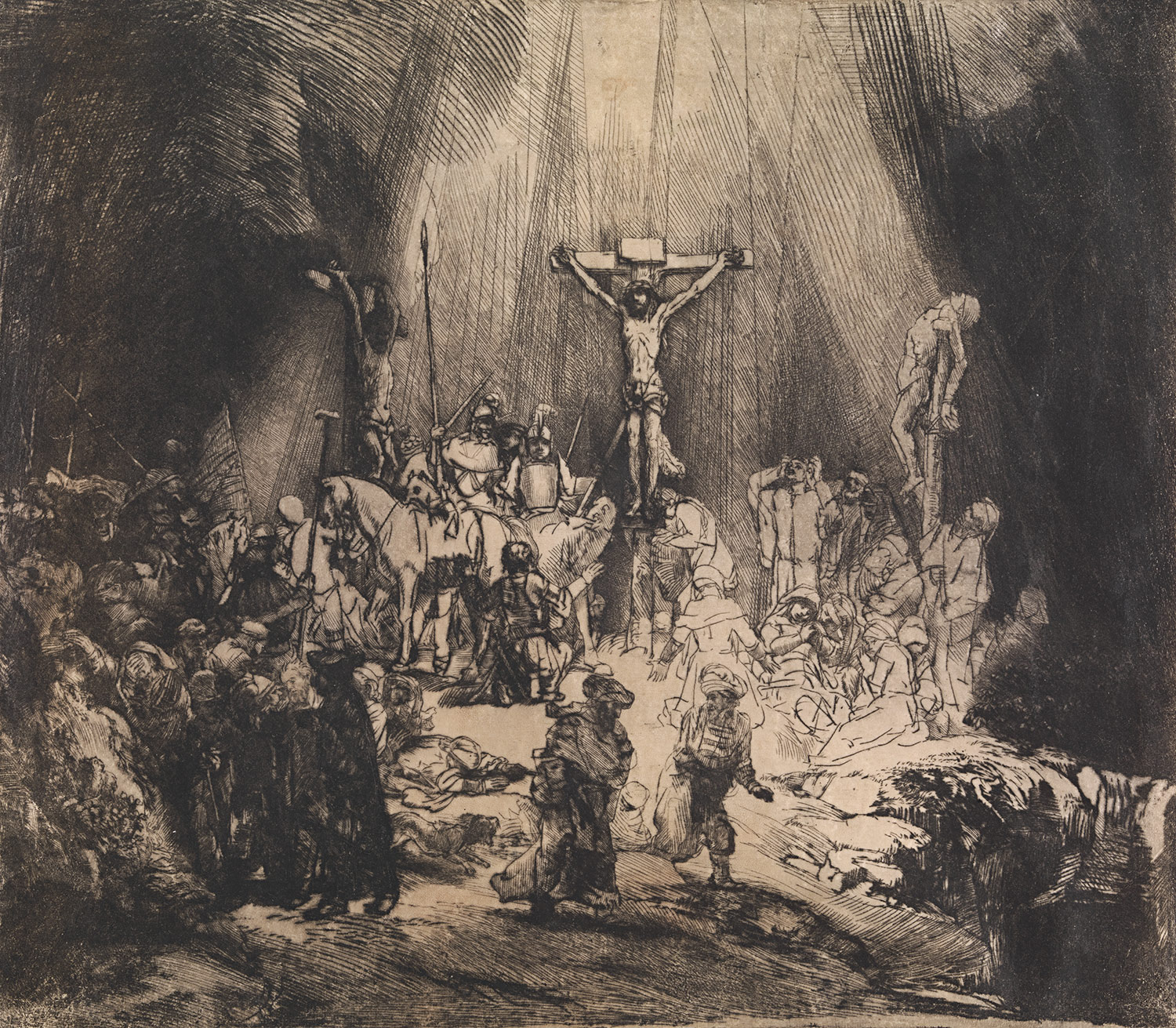
Christ and Him Crucified
For I decided to know nothing among you except Jesus Christ and him crucified.
1 Cor 2:2 Â ESV
God has united you with Christ Jesus. For our benefit God made him to be wisdom itself. Christ made us right with God; he made us pure and holy, and he freed us from sin.
1 Cor 1:30 NLT
Several years ago, I was on a sabbatical and visited several different churches over a six week period in order to get a sense of the local preaching. I was dismayed and baffled by what I heard. Conservative, Evangelical churches that taught eight steps to happiness, six ways to be free from anxiety, America is a Christian nation, etc. Not a single sermon I heard mentioned the Cross, grace, or the Holy Spirit. How can you have a New Testament sermon without Christ, the Cross, and the Holy Spirit? The sermons I heard were try harder, do better sermons, not gospel infused messages that are Christ exalting, Christ glorifying, and Holy Spirit transforming.
First Corinthians 1:30 states that Christ is our wisdom, righteousness, holiness, and redemption. Wisdom is the practical application of Jesus in the midst of life’s difficult choices, complicated situations, and perplexing people. Wisdom is making the right choices leading to right actions that lead people to do the right thing. Good preaching must communicate Jesus because only in him can we apply biblical truths to everyday life experiences. Jesus is wisdom-the gospel applied to life (Col. 2:2-3).
Jesus is our righteousness for a guilty past, Jesus is our sanctification for a triumphant present, and Jesus is our redemption for a certain future in God’s kingdom (1 Cor. 1:30).
Baptist pastor, Charles H. Spurgeon, bemoans preaching that does not center on Christ and his finished work on the Cross. Spurgeon states that preaching without Christ is “like bread with no flour, brook without water; a cloud without rain; a well which mocks the traveler; a tree twice dead, plucked up by the root; a sky without a sun; a night without a star.”
Leave Christ out of the preaching and you shall do nothing. Only advertize it all over London, Mr. Baker, that you are making bread without flour; put it in every paper, “Bread without flour†and you may soon shut up your shop, for your customers will hurry off to other tradesmen. . . . A sermon without Christ as its beginning, middle, and end is a mistake in conception and a crime in execution. However grand the language it will be merely much-ado-about-nothing if Christ be not there. And I mean by Christ not merely his example and the ethical precepts of his teaching, but his atoning blood, his wondrous satisfaction made for human sin, and the grand doctrine of “believe and live.†[sermon: “Christ the Glory of His People†(3/22/1868)]
I know one who said I was always on the old string, and he would come and hear me no more; but if I preached a sermon without Christ in it, he would come. Ah, he will never come while this tongue moves, for a sermon without Christ in it—a Christless sermon! A brook without water; a cloud without rain; a well which mocks the traveler; a tree twice dead, plucked up by the root; a sky without a sun; a night without a star. It were a realm of death—a place of mourning for angels and laughter for devils. O Christian, we must have Christ! Do see to it that every day when you wake you give a fresh savor of Christ upon you by contemplating his person. Live all the day, trying as much as lieth in you, to season your hearts with him, and then at night, lie down with him upon your tongue. [sermon: “A Bundle of Myrrh†(3/6/1864)]
What was the subject? What was Peter preaching upon? He was preaching Christ and him crucified. No other subject ever does produce such effects as this. The Spirit of God bears no witness to Christless sermons. Leave Jesus out of your preaching, and the Holy Spirit will never come upon you. Why should he? Has he not come on purpose that he may testify of Christ? Did not Jesus say, “He shall glorify me: for he shall receive of mine, and shall shew it unto you� Yes, the subject was Christ, and nothing but Christ, and such is the teaching which the Spirit of God will own. Be it ours never to wander from this central point: may we determine to know nothing among men but Christ and his cross. [sermon: “The Mediator, Judge, and Savior†(5/30/1880)]
HT: Miscellanies: A Cross-Centered Blog







